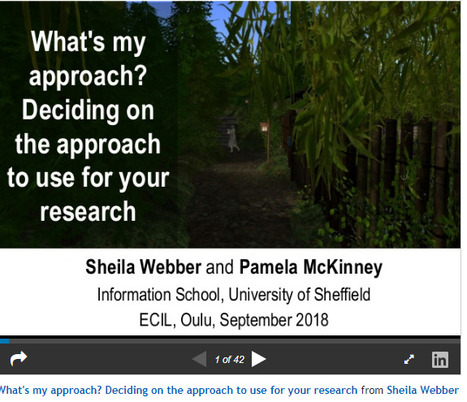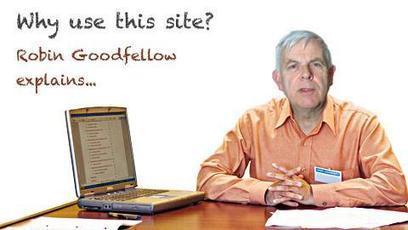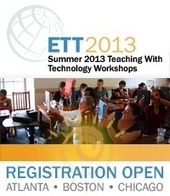This is the presentation that formed the introductory part of the workshop that Pamela McKinney and I gave at the European Conference on Information Literacy , in Oulu, Finland, on September 26 2018. The objectives of the workshop were:
"(1) To identify key characteristics of selected qualitative and mixed-methods research approaches, and to show what kinds of research questions and problems each approach is most suited to. The research approaches covered were: action research; case study; phenomenography; ethnography; autoethnography.
(2) To enable participants to understand the issues, advantages and disadvantages of different approaches, by looking at a practice-based information literacy problem, and asking participants to identify the implications of choosing one approach or another."
Research and publish the best content.
Get Started for FREE
Sign up with Facebook Sign up with X
I don't have a Facebook or a X account
Already have an account: Login
Literacy in a digital education world and peripheral issues.
Curated by
Elizabeth E Charles
 Your new post is loading... Your new post is loading...
 Your new post is loading... Your new post is loading...

Louise Robinson-Lay's curator insight,
January 12, 2014 3:57 PM
This is an important skill for students to learn. This slides how is a great step-by-step approach to teaching it. |

Marilyn Korhonen's curator insight,
June 10, 2013 3:46 PM
Sometimes the basics are a great place to start. |


















